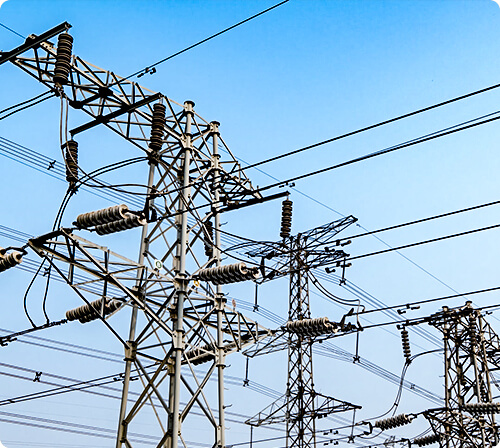The wire and cable industry plays a critical role in modern infrastructure and technology, providing the fundamental components that enable the flow of electricity and data across the world. As this industry has grown and evolved, the need for robust standardization has become increasingly important.


![]() Standardization in the wire and cable industry serves several key functions. First and foremost, it ensures safety and reliability. Consistent standards for materials, construction, testing, and certification help to guarantee that wire and cable products meet rigorous safety requirements and can perform as expected under a variety of operating conditions. This is essential for applications where failure could lead to serious consequences, such as in power transmission, telecommunications, and industrial automation.
Standardization in the wire and cable industry serves several key functions. First and foremost, it ensures safety and reliability. Consistent standards for materials, construction, testing, and certification help to guarantee that wire and cable products meet rigorous safety requirements and can perform as expected under a variety of operating conditions. This is essential for applications where failure could lead to serious consequences, such as in power transmission, telecommunications, and industrial automation.
![]() Beyond safety, standardization also facilitates compatibility and interoperability. When wire and cable products adhere to common specifications, they can be seamlessly integrated into larger systems and projects. This simplifies installation, maintenance, and upgrades, saving time and money for contractors, engineers, and end users. Standardization also enables economies of scale, as manufacturers can produce components to meet widely accepted norms rather than custom specifications.
Beyond safety, standardization also facilitates compatibility and interoperability. When wire and cable products adhere to common specifications, they can be seamlessly integrated into larger systems and projects. This simplifies installation, maintenance, and upgrades, saving time and money for contractors, engineers, and end users. Standardization also enables economies of scale, as manufacturers can produce components to meet widely accepted norms rather than custom specifications.
![]() At the international level, standardization is crucial for enabling global trade and collaboration in the wire and cable industry. Common standards allow products to be easily transported and used across borders, expanding market opportunities for suppliers while giving buyers access to a wider range of high-quality options. Organizations like the International Electrotechnical Commission (IEC) play a pivotal role in developing and promoting these global standards.
At the international level, standardization is crucial for enabling global trade and collaboration in the wire and cable industry. Common standards allow products to be easily transported and used across borders, expanding market opportunities for suppliers while giving buyers access to a wider range of high-quality options. Organizations like the International Electrotechnical Commission (IEC) play a pivotal role in developing and promoting these global standards.
![]() Looking to the future, the importance of standardization in the wire and cable industry will only continue to grow. As technologies like renewable energy, electric vehicles, and 5G networks become more prevalent, new specialized standards will be needed to ensure these systems function reliably and efficiently. Proactive standardization efforts will be essential for keeping pace with rapid technological change.
Looking to the future, the importance of standardization in the wire and cable industry will only continue to grow. As technologies like renewable energy, electric vehicles, and 5G networks become more prevalent, new specialized standards will be needed to ensure these systems function reliably and efficiently. Proactive standardization efforts will be essential for keeping pace with rapid technological change.
In conclusion, standardization is a cornerstone of the wire and cable industry, underpinning safety, compatibility, and global collaboration. By adhering to robust and evolving standards, manufacturers, suppliers, and end users can maximize the performance, cost-effectiveness, and safety of wire and cable products. As the industry continues to evolve, a steadfast commitment to standardization will be crucial for unlocking its full potential.